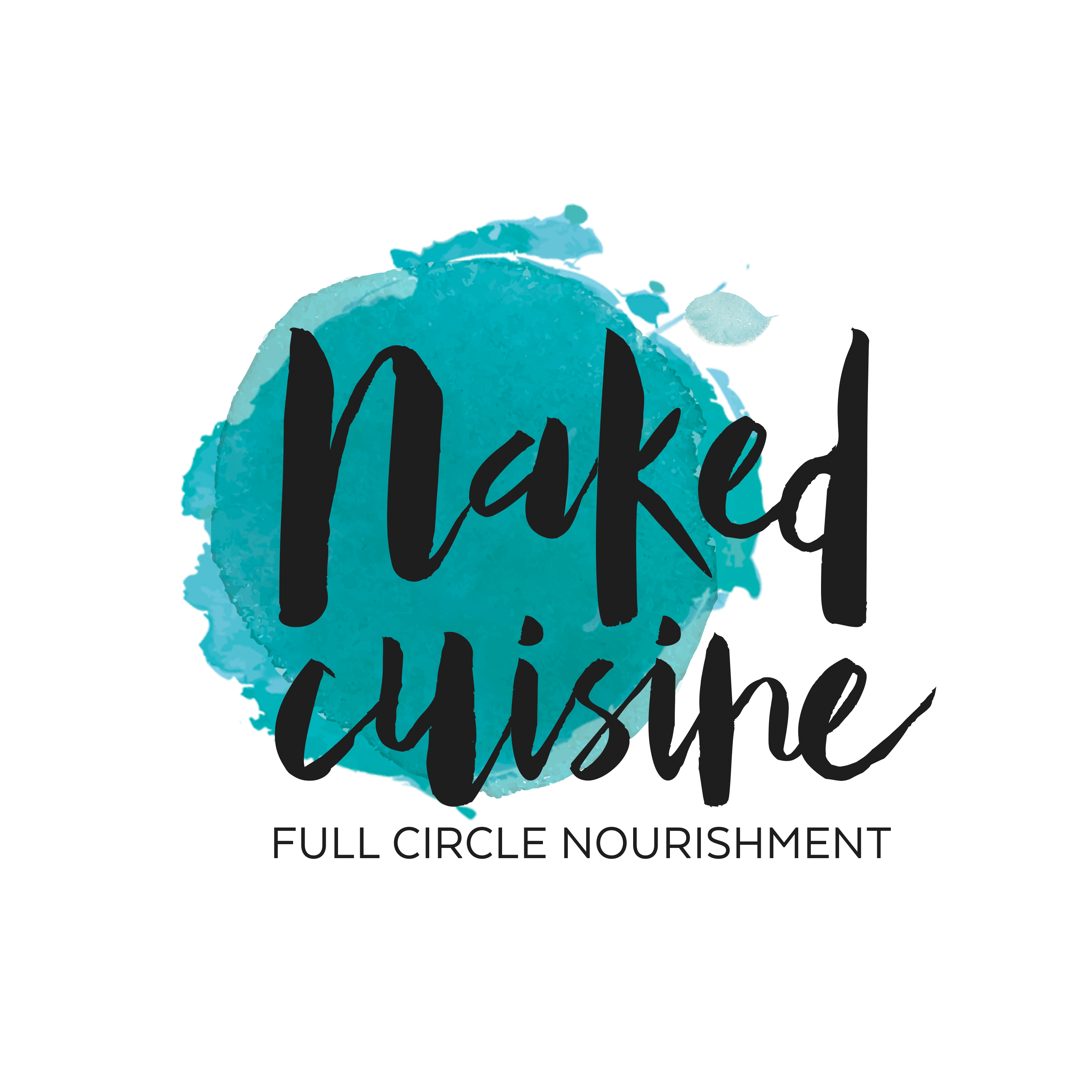There’s a lot of hype regarding the Paleo lifestyle/ diet lately. And for good reason, the health transformation people undergo while adhering to the paleo regimen is beyond words. Just take a look at some of these testimonials on Robb Wolfs blog, from obesity, to acne, to irritable bowel syndrome, to just plain lack of energy. Eating closer to the way our ancestors ate is certainly tapping into some real longevity, vitality secrets. There has been quite a bit of research done in the name of hunter-gatherer societies and their clean health track records. Some would adhere to the schools of “pure paleo” taught by Leonard Cordain the father of the movement, while others are more alongside the “primal” Weston A. Price Philosophy, “Nourishing Traditions” perspective.
Along with the evolution of humans eating more processed foods, it seems along the way we’ve fallen into more rigid paradigms. Diet dictocrats tell us in order to be healthy you have to give up what you love. So we try and go the distance and adhere to “the rules”. My philosophy is that if we want the world to change, we need to break these paradigms and break the rules. We need to eat what we are genetically predisposed to, what our bodies inherently know. Our ancestors were hunter gatherers for more about 500,000 years. The advent of agriculture has only propelled us to become slowly less and less connected to the earth, sicker and sicker, more and more bombarded with chemicals that our bodies don’t know. The return to a more natural way of life is happening steadily. More and more people are realizing gluten makes them sick. People, whole countries coming together to say no to GMO whose implications prove lethal. We are growing back to our roots, leaps and bounds after a stint of dietary turmoil.
Let us take the growth of this movement one step further by examining what our ancestors truly ate. Not almond flour raw chocolate coconut banana cup cakes in Northern Canada, though it is a delicious blessing to have access to these delicacies. But to be realistic we need to venture out into the forests or even just our backyards, and recognize the plants that have been around for millennia, the ones we haven’t adulterated so much. Or look to finding methods which make the nutrients in our modern foods more bioavailable, like fermentation, soaking nuts, seeds and grains, combining saturated fats with vegetables that contain fat soluble nutrients like Vitamin A. This is primal knowledge, the informational build up contained within thousands of years of experimentation, and passed down wisdom. This way of looking at how and what we eat, be it paleo or primal, is no diet. It is a lifestyle, the beginning of a huge transitional understanding. We begin to implement this attitude towards eating paleo or primal and every little step we take brings us closer to this ancestral knowledge. We learn that food is medicine. That Native peoples understood far more about their environments sustainability than we could even imagine. We see that perhaps it’s neither necessary, nor is it beneficial to rely on our food being imported from other places, and our waste exported away. This is the paleo or primal way to me. Baby steps back to a place of knowledge and inner wisdom about what to nourish ourselves with. It has no rules or regulations, there’s no falling off the band wagon, only a deeper understanding of the true health of ourselves and the land that nourishes us.
“Let us then begin to move our locus of focus a bit further into the dietary-distance, to a point imagined but not yet glimpsed. Let us envision a truly paleo approach, one which celebrates truly natural food-stuff, genetically wild foods or those heirloom foods which are the closest relatives of their unadulterated progenitors. Let us put wild game meats upon the pedestal on which the sacred cow now resides and displace the disrepute of the dandelion with the reverence we now pay to kale. This approach takes us from “a” diet for people to “the” diet of our species. It won’t happen today or even tomorrow, but paleo could lead us from the doldrums of human domestication to the exhilarating path of ReWilding, from walls of Babylon to that proverbial Garden of Eden, from the cubicle to the forest, from famine back to feast.”
-Daniel Vitalis at PaleoFx conference 2014 (full article here)
Blessings on your table,
Chantelle






